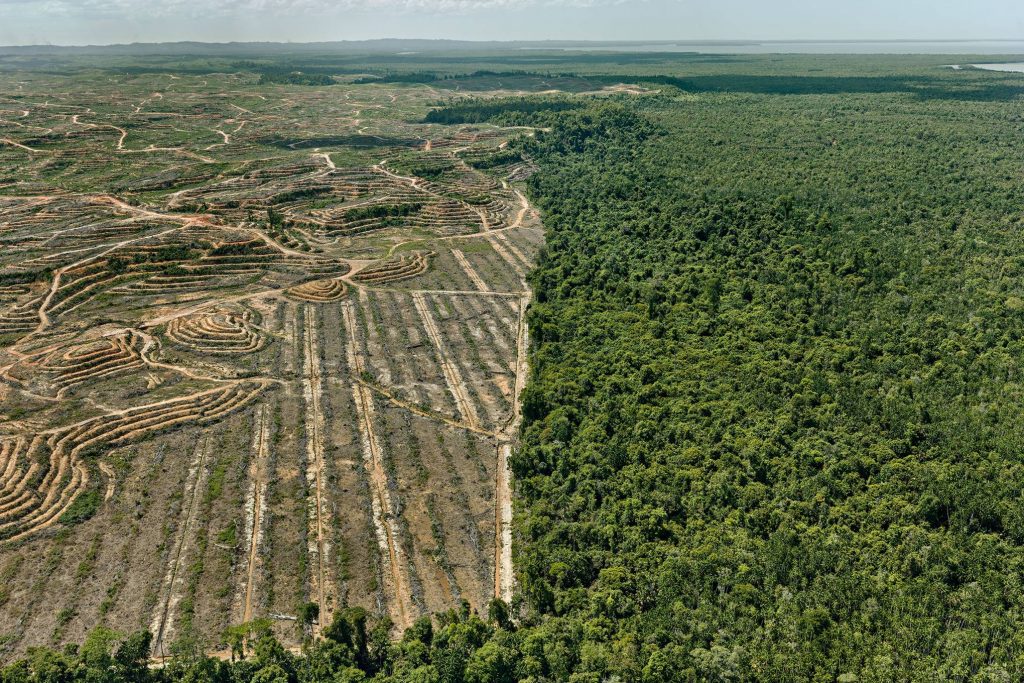The devastating environmental impact of human progress like you’ve never seen it before

By Nicola Davidson | WIRED UK
In 1976, when he was a first-year student of photography at Ryerson Polytechnic Institute, in Toronto, Edward Burtynsky was given an assignment that would come to shape his working life. Instructed to go out and photograph “evidence of man”, he initially thought of ruins. What better evidence of man’s passing than something built a long time ago? But this was Canada, not Athens, and ancient ruins were hard to find. Burtynsky recalled that in his hometown, St. Catharines, there were remnants of the old shipping canals that had connected Lake Erie and Lake Ontario in the 1800s. He began shooting images of the sections he could find: abutments and walls that had once been part of an ambitious man-made system and now served, he thought, as an imprint – evidence of how human beings have irrevocably reshaped the land.
By and large, Burtynsky is still at work on that first-year assignment, only now he uses better cameras and criss-crosses the globe. His images are vast and uncanny landscapes of quarries, mines, solar plants, trash piles, deforestation and sprawl – pictures of depletion and desecration that are testament to the collective impact of humankind. Yet Burtynsky’s photos are not depressing. They are reverential and painterly, capturing gargantuan industrial processes in fine detail. He achieves such a quality by shooting in high resolution and by being an enthusiastic adopter of new technologies, such as drones and 3D imaging. He has started to think of himself not so much as a photographer but a “lens-based visual artist”. “Now when I’m in the field I’m working with still cameras, film cameras, and shooting VR and for AR,” he says. “There could be five different forms. I just apply what I believe is the best lens-based experience for the subject that I’m looking at.”
Today, Burtynsky is Canada’s best-known photographer, and his work has been acquired by 60 museums, including the MoMA and Tate Modern. Over the past decade or so, he has been immersed in The Anthropocene Project, a multimedia collaboration with the filmmakers Jennifer Baichwal and Nicholas de Pencier, comprises photographs, a feature film, a book and simultaneous exhibitions at the Art Gallery of Ontario and National Gallery of Canada.
Read the full article here.
